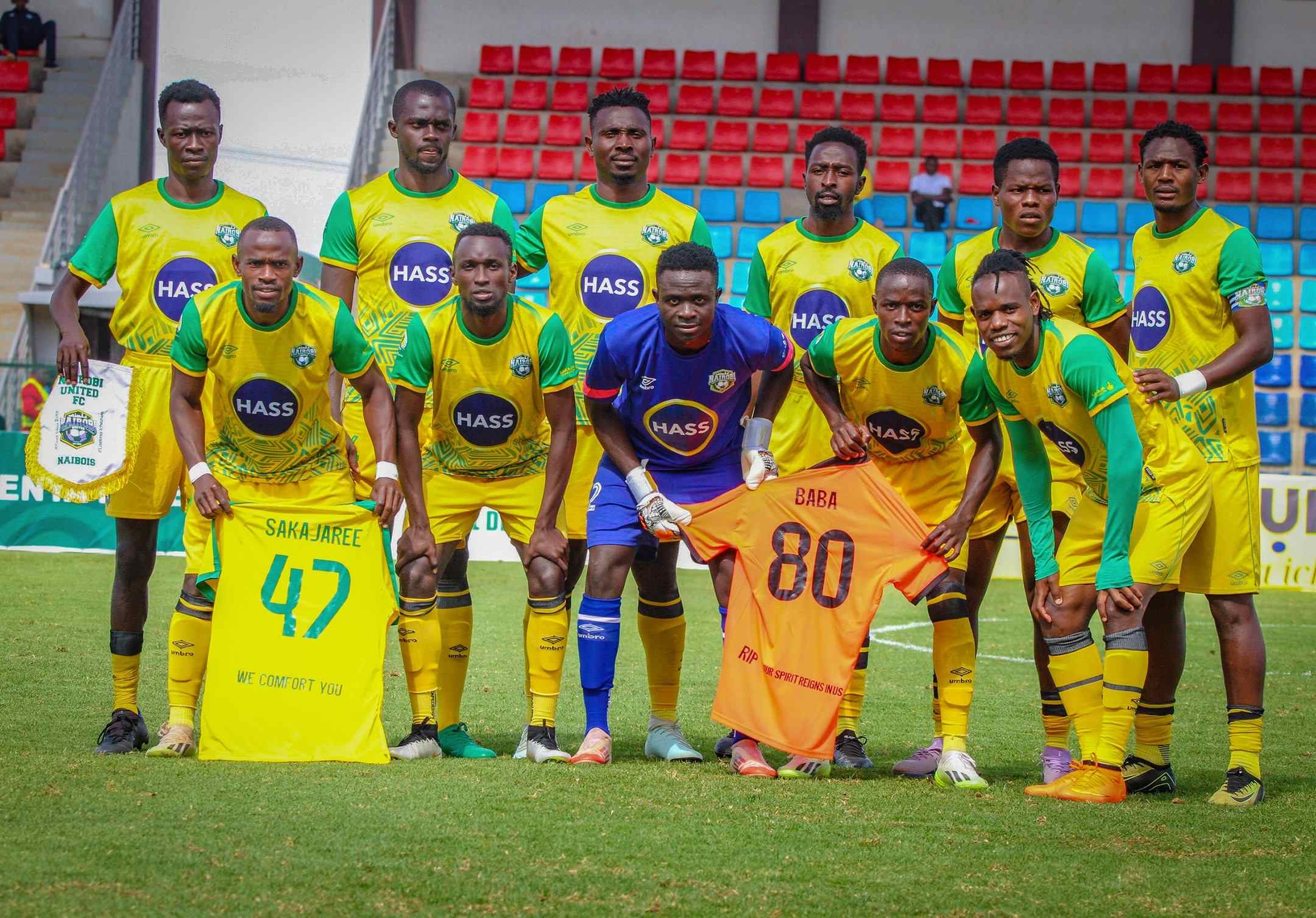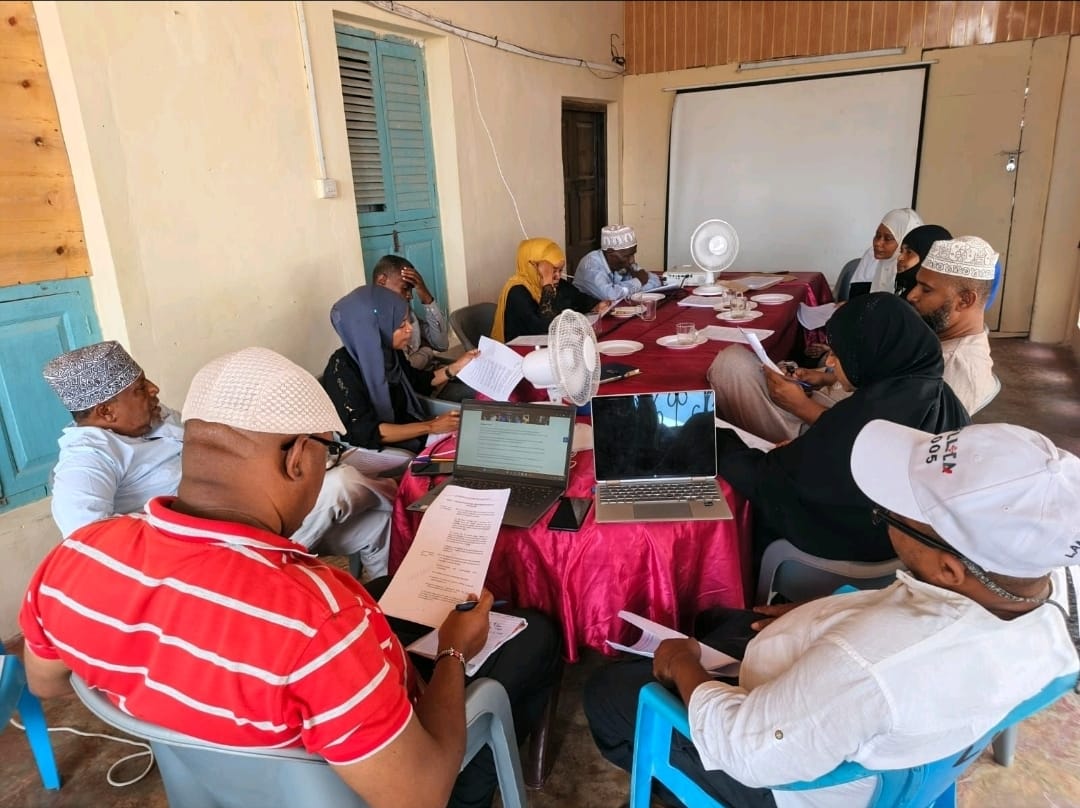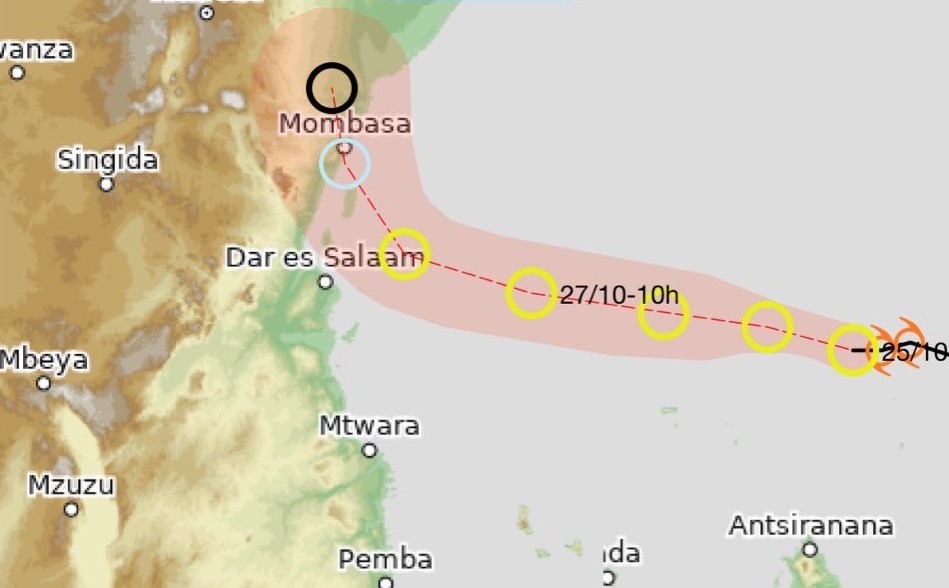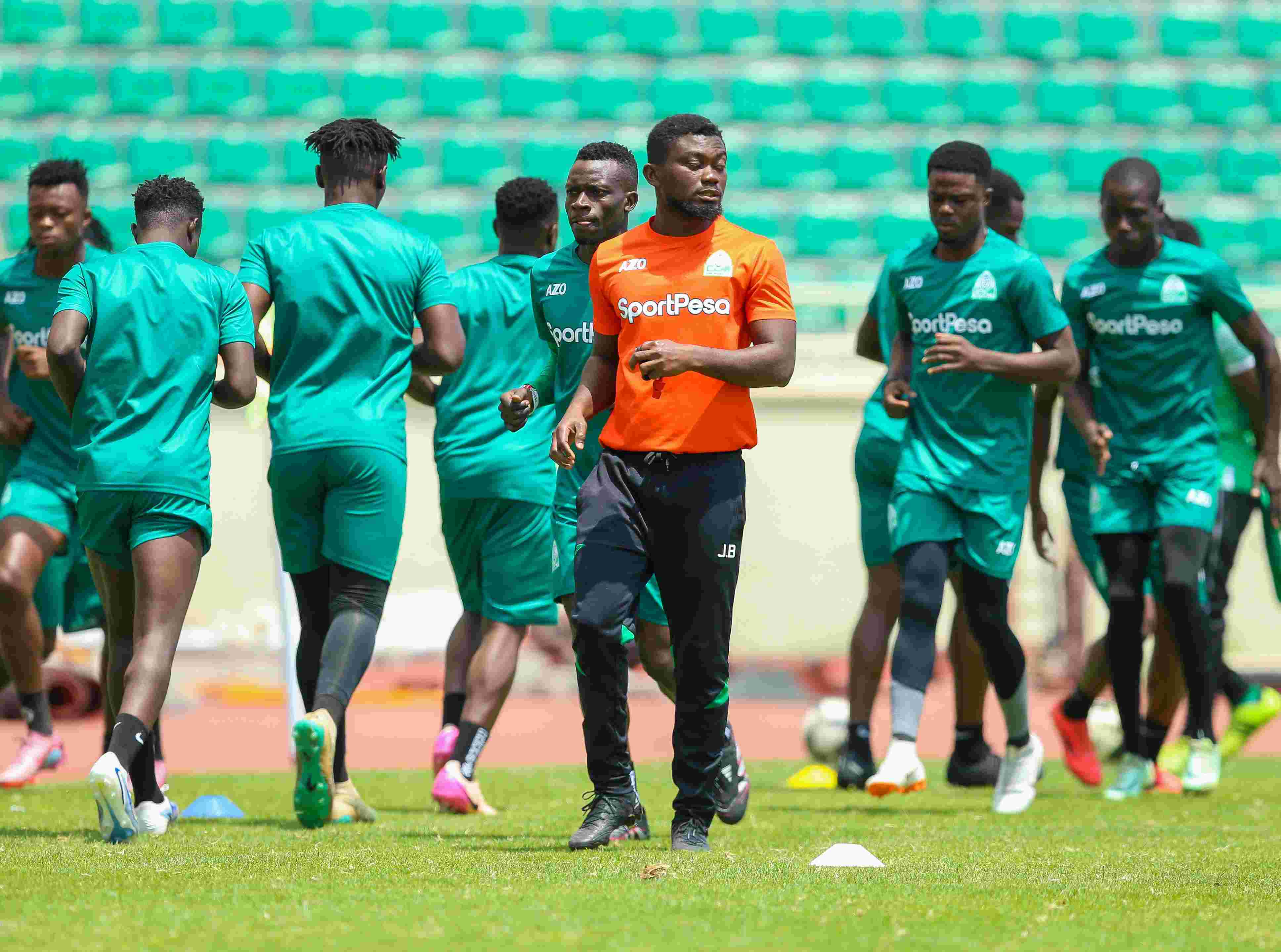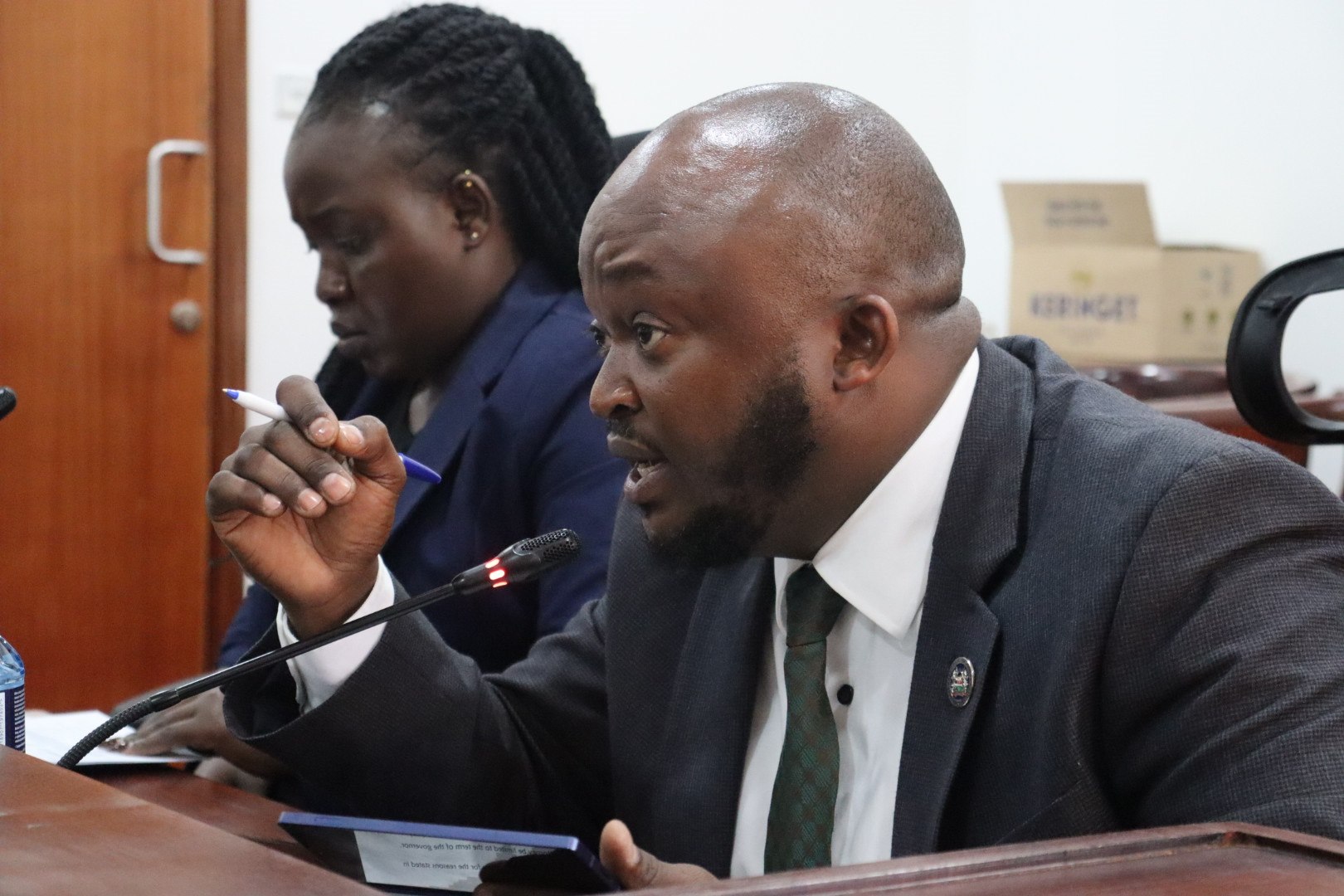Education ministry warns against exam cheating as KNEC flags Telegram leaks

The warning comes as KNEC raised an alarm over the rampant use of Telegram channels to leak examination papers during the ongoing tests.
The Ministry of Education has warned against any form of exam malpractice during the ongoing national tests, even as the Kenya National Examinations Council (KNEC) raises alarm over the rising use of Telegram channels to leak papers.
Speaking during a fundraiser for Nyagesenda Seventh Day Adventist Church in Kitutu Chache North Constituency, Kisii County, Education Cabinet Secretary Julius Ogamba warned that anyone found engaging in cheating or exam irregularities will face arrest and prosecution.
More To Read
- 2025 KCSE kicks off nationwide with more than 996,000 candidates sitting exams
- KCSE rehearsals to continue on Friday despite national holiday to honour Raila Odinga
- Education CS Julius Ogamba summoned by MPs over delays in school capitation funds
- Students to collect KCSE certificates from sub-county offices starting 2026
- Government considering closing schools implicated in fraud, ghost student enrolment – CS Ogamba
- KNEC deploys over 90,000 staff as 3.4 million learners prepare to sit 2025 exams
He also cautioned parents, teachers and candidates against attempting to interfere with the examinations, saying the government will take firm action against offenders.
Ogamba noted that about 3.4 million candidates in primary, junior and senior secondary schools are sitting for their national examinations and appealed to all stakeholders to allow the learners to undertake the tests and achieve what they deserve.
“The candidates have been well prepared for the examinations, and I urge parents and guardians to report any examination malpractices in their localities so that culprits can face the law. Those people found engaging in cheating and other malpractices will record statements instantly, and they should not cry when jailed,” Ogamba said.
The warning comes as KNEC raised an alarm over the rampant use of Telegram channels to leak examination papers during the ongoing tests.
According to KNEC’s August 2025 monitoring report, 18 active Telegram channels have been flagged for sharing alleged KCSE and Kenya Accountants and Secretaries National Examinations Board (KASNEB) papers out of a total of 51 identified platforms. While existing laws safeguard learners and uphold accountability, KNEC noted that the main challenge now lies in the conduct of education administrators.
The national KCSE exams began last week, even as schools prepare for the Kenya Primary School Education Assessment (KPSEA) and Kenya Junior School Education Assessment (KJSEA), scheduled from Monday, October 27, to October 30. The tests come amid delays in government capitation, which have strained operations and affected preparations in some centres.
KNEC data indicates that 3,424,836 candidates will sit for this year’s national examinations. Of these, 996,078 are sitting the KCSE, 1,130,669 learners are taking the KJSEA for the first time, while 1,298,089 candidates are undertaking the KPSEA.
This year’s examination season marks a major milestone in Kenya’s education reforms, coming just a year after 1.4 million pupils sat for the final Kenya Certificate of Primary Education (KCPE) in 2023. It is also the second-last KCSE cohort before the full implementation of the Competency-Based Curriculum (CBC).
Investigations have revealed that invigilators are increasingly being identified as central players in the leaking and distribution of exam papers. Technologically skilled university students are also reportedly exploiting their digital expertise and past experience as KCSE candidates to manipulate the system for profit.
KNEC records show that in August 2025, 51 Telegram and WhatsApp channels were reported to the Communications Authority of Kenya for exam-related activity, with 19 of them still active. Currently, 36 cases are under investigation. Authorities have also arrested 123 teachers, six this year and 117 in 2024, along with 10 students over pre-exam irregularities.
KNEC Chief Executive Officer David Njengere said the council had finalised logistical preparations for the 2025 national examinations, including a pilot study for Junior School assessments in 265 schools earlier this year. He said sample KJSEA papers were shared through the CBA portal in January to help schools prepare.
“KNEC will involve 10,765 centre managers, 12,126 supervisors, 54,782 invigilators, 22,247 security officers and 2,692 drivers. Centres hosting both KJSEA and KPSEA will require even larger numbers: 24,213 centre managers, 26,479 supervisors and 125,492 invigilators. To further strengthen the security of examination materials, Knec will pilot the use of digital smart padlocks in 250 containers this year,” Njengere said during the launch of the exam season earlier this month.
He added that KNEC has issued new guidelines to enhance examination integrity, directing centre managers to ensure that supervisors and invigilators do not serve in the same centres for more than three consecutive years.
Meanwhile, Ogamba noted that the government had conducted verification of schools and confirmed that most institutions had received capitation funds. He explained that the verification exercise was meant to confirm data to help the government make informed decisions on school funding while ensuring transparency and accountability in the education sector.
“We must interrogate our systems and rectify mistakes as we gear towards becoming a first-world nation in line with President William Ruto’s vision. For us to move forward, we must play our roles well and do the right things,” Ogamba said.
Top Stories Today
